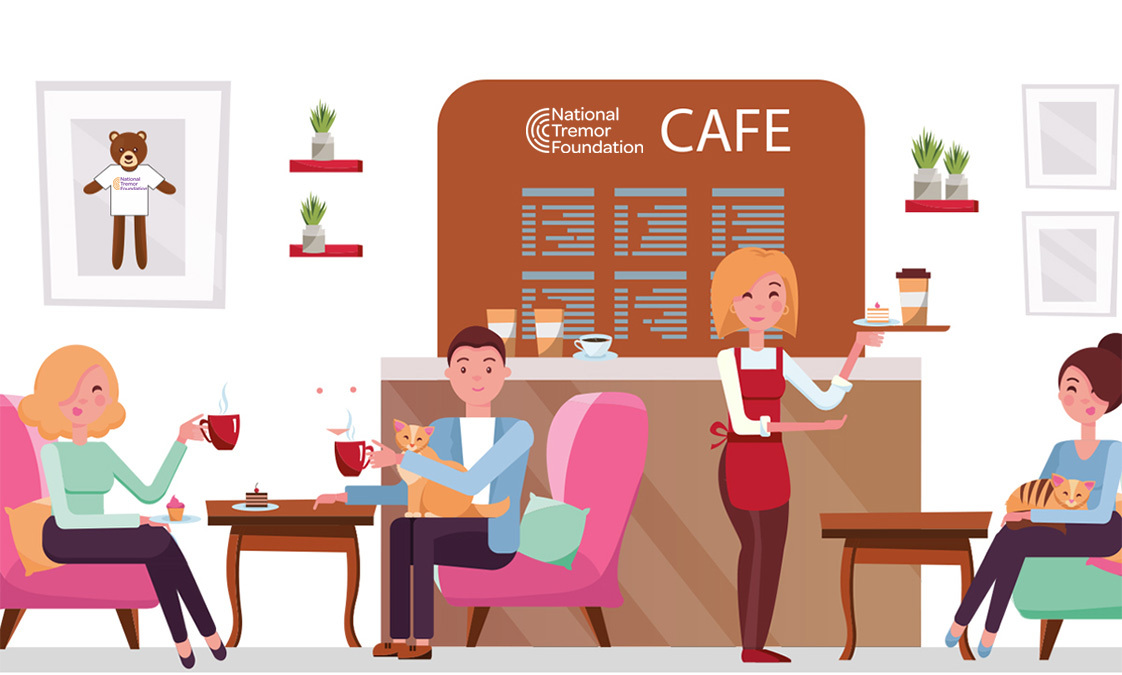
Coronavirus information
COVID-19 is a new illness that can affect your lungs and airways. It's caused by a virus called coronavirus.
Stay at home if you have coronavirus symptoms
Stay at home if you have either:
- a high temperature – this means you feel hot to touch on your chest or back (you do not need to measure your temperature)
- a new, continuous cough – this means coughing a lot for more than an hour, or 3 or more coughing episodes in 24 hours (if you usually have a cough, it may be worse than usual)
Do not go to a GP surgery, pharmacy or hospital.
Use the 111 online coronavirus service to find out what to do.
Only call 111 if you cannot get help online.
How long to stay at home
- if you have symptoms of coronavirus, you'll need to stay at home for 7 days
- if you live with someone who has symptoms, you'll need to stay at home for 14 days from the day the first person in the home started having symptoms
If you live with someone who is 70 or over, has a long-term condition, is pregnant or has a weakened immune system, try to find somewhere else for them to stay for 14 days.
If you have to stay at home together, try to keep away from each other as much as possible.
How to avoid catching and spreading coronavirus (social distancing)
Everyone should do what they can to stop coronavirus spreading.
It is particularly important for people who:
- are 70 or over
- have a long-term condition
- are pregnant
- have a weakened immune system
- wash your hands with soap and water often – do this for at least 20 seconds
- always wash your hands when you get home or into work
- use hand sanitiser gel if soap and water are not available
- cover your mouth and nose with a tissue or your sleeve (not your hands)
- when you cough or sneeze
- put used tissues in the bin immediately and wash your hands afterwardsavoid close contact with people who have symptoms of coronavirus
- only travel on public transport if you need to
- work from home, if you can
- avoid social activities, such as going to pubs, restaurants, theatres and cinemas
- avoid events with large groups of people
- use phone, online services, or apps to contact your GP surgery or other NHS services
This information was taken from the NHS website.












